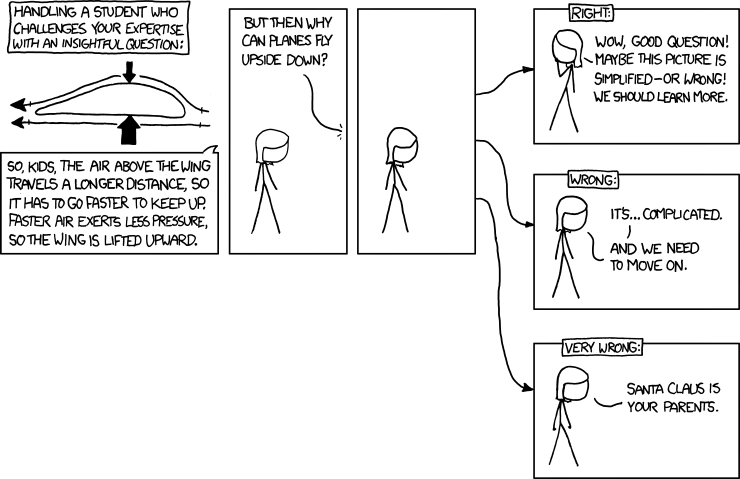Today we held the first Vice Chancellor’s Award for Excellence in Teaching and Learning presented by Malcolm (Vice Chancellor) and Rod. (Pro VC) There were 28 Award winners in a total 5 categories:
Individual Awards
• Excellence in teaching delivery and intellectual stimulation of students
Cliff Olsson, School of Sport Tourism and the Outdoors
Amanda Taylor, School of Social Work
• Innovation in teaching and assessment
Andy Bainbridge, School of Art, Design and Performance
Martin Salisbury, Lancashire Law School
• Best practice to improve the student progression and performance
Matt Horn, School Of Journalism, Media and Communication
Sarla Ghandi, School of Health
• Excellence in research informed learning and teaching
Pam Qualter, School of Psychology
Darren Tunstall, School of Art, Design and Performance
Team Awards
• Creation of a superlative student experience overall
Graduate Diploma in Law team - Lancashire Law School
The Media Technology team -School Of Journalism, Media and Communication
Congratulations all! Its nice to see your hard work being rewarded and valued. Also congrats to the LDU (Learning Development Unit) for all your hard work setting up and organising the event.

